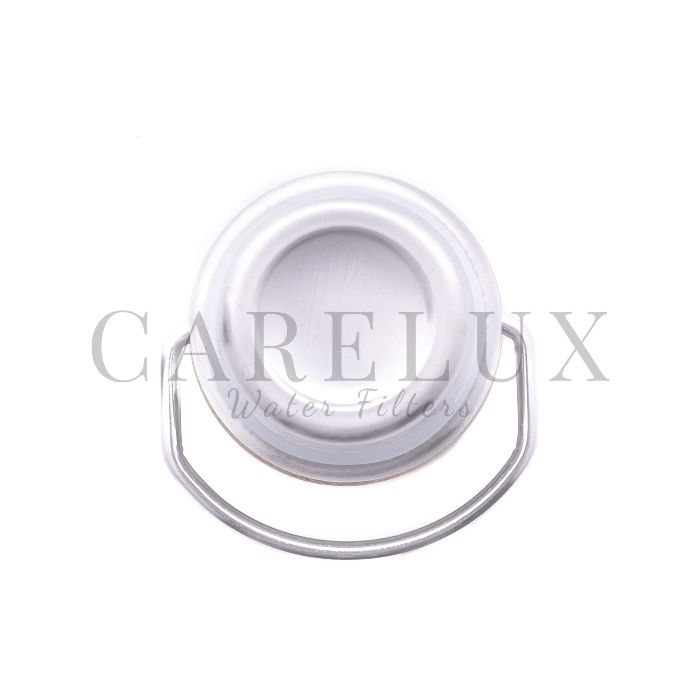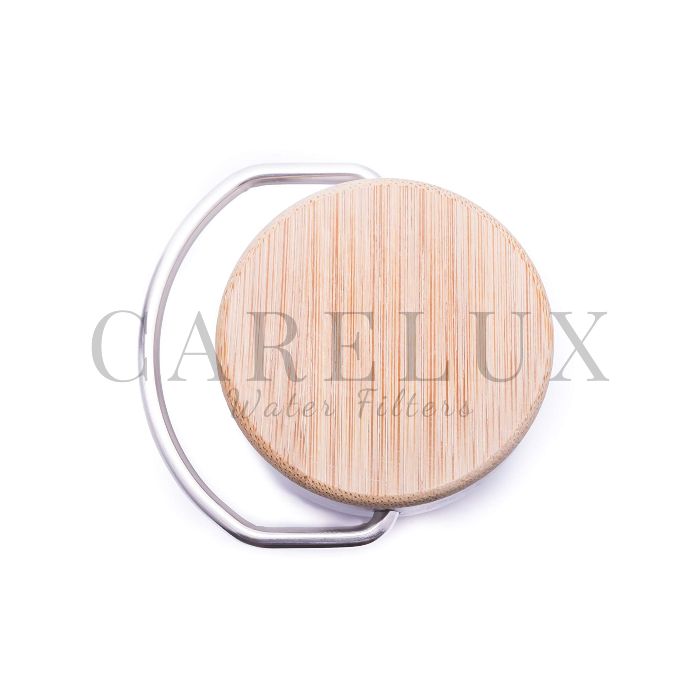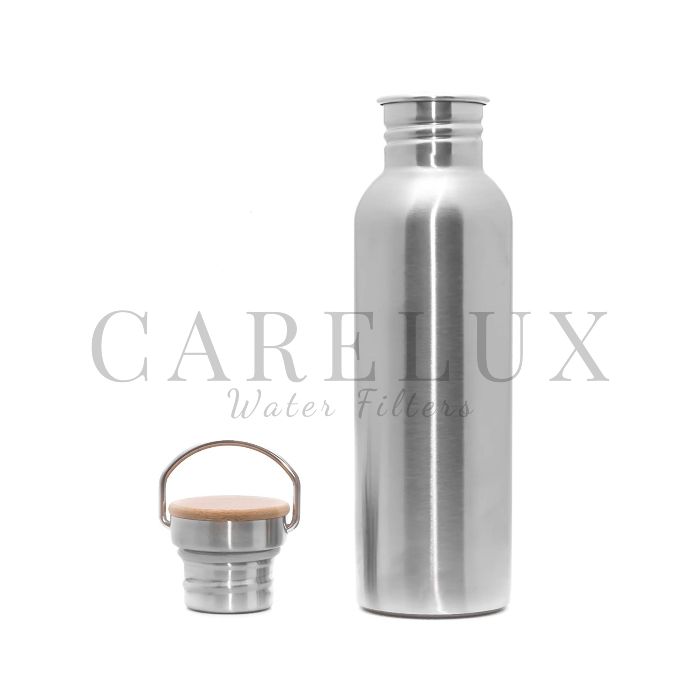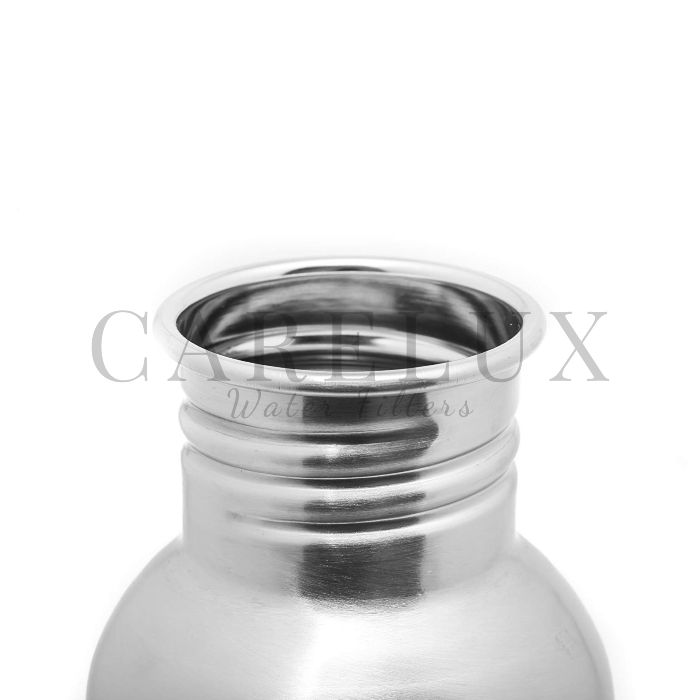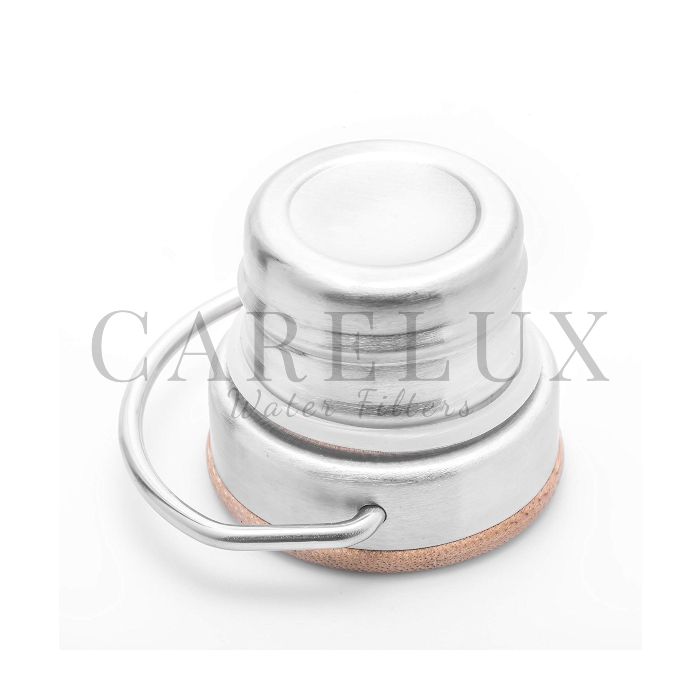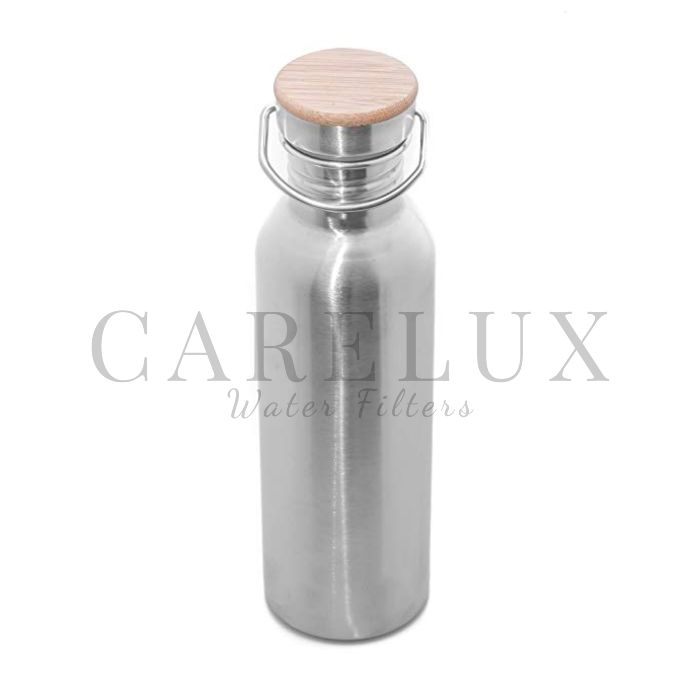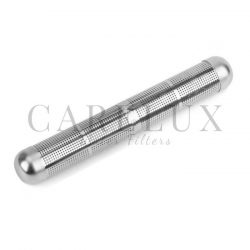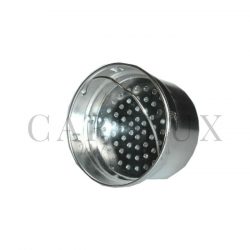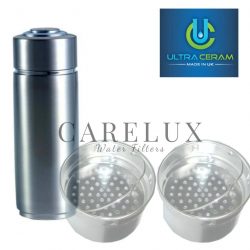Description
Stainless Steel Water Bottle with Bamboo Lid
Stainless Steel Water Bottle with Bamboo Lid
Stainless Steel Water Bottle with Bamboo Lid 750ml
- PLASTIC FREE: Made from Stainless Steel, Unvarnished Bamboo and Food-Grade Silicon
- HEALTHY: Food Grade Stainless Steel is guaranteed free of heavy metals & toxins.
- CLEAN: No Paints, Coatings or Lacquers of any kind.
- WELL MADE: You will enjoy using this durable water bottle will for years & years.
- SIMPLE: Single layer steel.
- Holds 750ml. Extra big mouth is great for adding ice cubes.
Steel, Glass, and/or Plastic Bottles: What is the best choice?
But between steel, plastic and glass, which is the best? The truth of the matter is that there are pros and cons to owning each.
- Stainless steel bottles have a number of pros and cons. Typically, they last longer than glass or plastic because they are corrosion resistant, and do not leach chemicals when exposed to sun/heat. They are generally more expensive than plastic, as the cost to produce them is much higher due to being energy intensive. However, stainless steel is 100 percent recyclable. The best option for selecting stainless steel water bottles is food grade #304 or 18/8, which means there are 18 percent chromium and 8 percent nickel. Additional information on stainless steel water bottles can be found online.
- Glass is another option when choosing water bottles. Most of us know that just about every beverage tastes better out of a glass bottle or cup, but the downside is that they are breakable and less likely to last a long time compared to plastic or stainless steel. In addition, recycling rate is low and some public places do not allow glass too. However, in addition to tasting great glass does not leach when left in the sun/heat, but the cost of a glass water bottle is generally much higher than our other two options.
- Plastic seems to be the most popular reusable water bottle, although glass and stainless are gaining in popularity for the reasons listed here. Plastic water bottles are cheaper to produce than stainless steel and glass, which makes them very attractive for consumers. However, the recycling rate of some plastics is low and the life cycles are short too. Plastic water bottles often end up in landfills and can take nearly 700 years before they start to decompose. One of the biggest downsides to plastic water bottles is that they leach, whereas glass and stainless steel do not. Consumers with apprehensions over plastics leaching chemicals may want to review the U.S. Food and Drug Administration for more information, such as the use of Bisphenol A (BPA)-a chemical component often found in polycarbonate plastic. Some manufacturers of reusable water bottles do produce products free of this chemical and typically note that on labels or the item itself. In addition, plastics made with BPA will often have a resin code of 7 appearing on the item.


